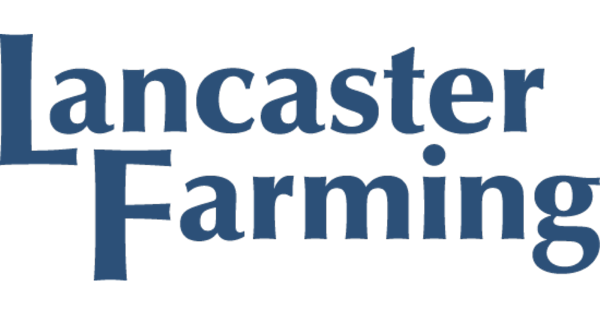

Expansion of WIC Nutrition Program Income Guidelines: Increased Accessibility for Families
The Women, Infants, and Children (WIC) Nutrition Program has officially revised its income eligibility guidelines, significantly broadening access to essential nutrition education and support services for families in need. This announcement was made public on Wednesday by Maternal and Family Health Services, a key organization committed to promoting maternal and child health.
Effective July 1, 2023, the new income thresholds enable more families to qualify for WIC assistance. Under the updated guidelines, a family of four can earn an annual income of up to ,478 to remain eligible for the program, while a family of three can earn up to ,303. Additionally, families comprised of two members may qualify with an income ceiling of ,128. This realignment of income limits signifies an important commitment to improving nutrition and health outcomes for vulnerable populations.
WIC is a vital resource that provides nutrition education, breastfeeding support, and access to healthy foods for lower-income families, particularly those with pregnant women, new mothers, infants, and young children. With ongoing challenges such as food insecurity and rising living costs, expanding the eligibility criteria is a crucial step toward addressing these pressing issues. The enhanced income guidelines are anticipated to encourage greater participation in the program, thus bolstering the health and wellbeing of families who may have previously been excluded due to stringent financial restrictions.
Moreover, the WIC program not only promotes healthy eating habits but also contributes to greater public health initiatives by improving overall nutrition standards for households relying on the program. The initiative plays a critical role in reducing long-term healthcare costs that arise from diet-related health issues, including obesity and diabetes, which are prevalent among low-income populations.
The adjustment in income eligibility reflects the ongoing evolution of public health policies in response to changing economic conditions and demonstrates a proactive approach to ensuring that all families have access to the resources necessary for healthy development and wellness. As communities adapt to these changes, the expansion of the WIC program will likely yield significant benefits for thousands of families seeking assistance.
As parents and caregivers utilize the WIC services, there is an opportunity for ongoing education regarding nutrition and healthy lifestyle choices, fostering an environment that prioritizes health from an early age. Community outreach and educational initiatives will be essential in ensuring that eligible families are not only aware of the program but also equipped to navigate available resources effectively.
In summary, the recent increase in income guidelines for the WIC Nutrition Program signifies a substantial shift toward inclusivity and support for families confronting economic hardship, thereby reinforcing the program’s pivotal role in the national public health landscape.



